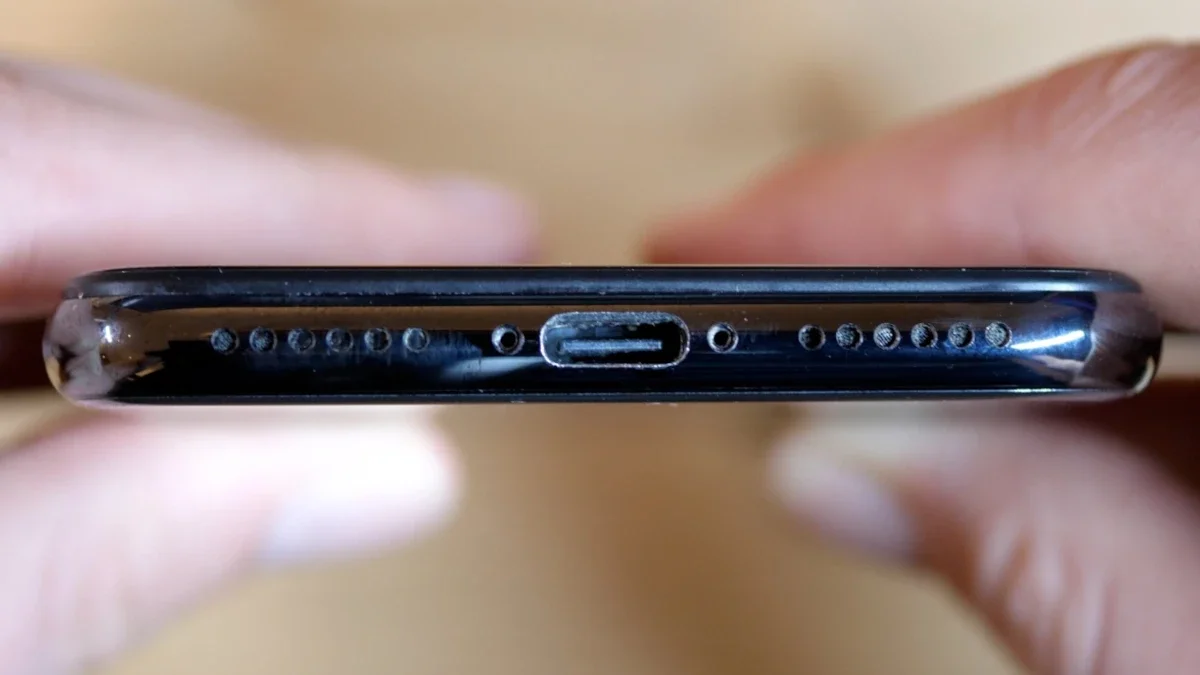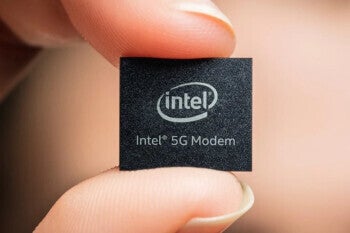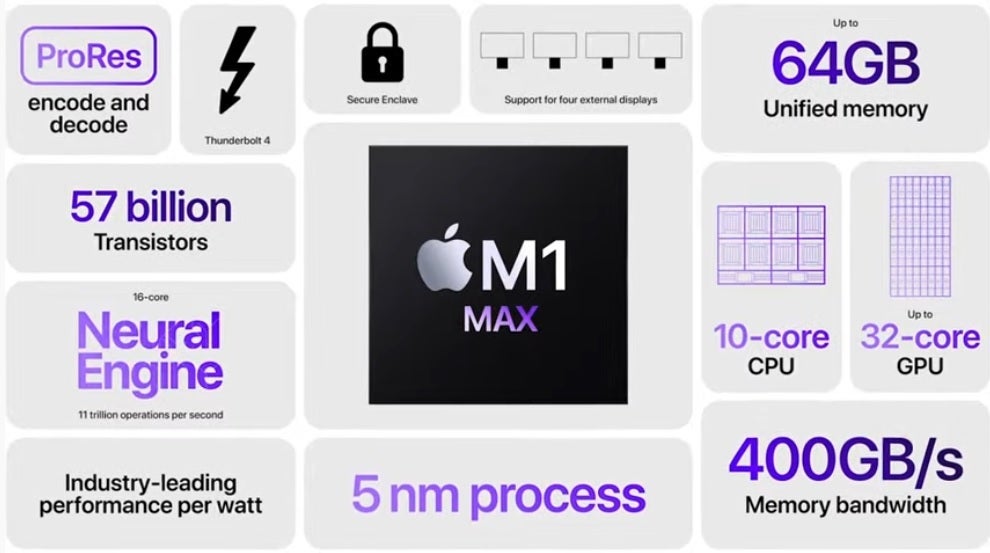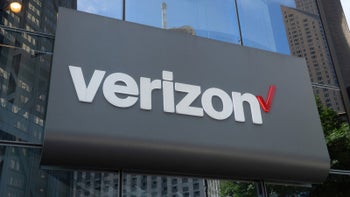Hot rumors: USB-C for iPhone 14 Pro models; Apple designed 5G modem chip to arrive in 2023

We have some interesting updates revolving around future iterations of the iPhone. One rumor calls for the iPhone 14 Pro series to make the move to USB-C from the current proprietary Lightning plug. And the second rumor involves when Apple might start producing and using its own standalone modem chip inside its mobile devices.
Anonymous sources: expect iPhone 14 Pro models to sport a USB-C port
According to iDropNews, several anonymous sources have told them that Apple is considering replacing the Lightning port with a USB-C port starting with the iPhone 14 Pro and iPhone 14 Pro Max. These sources say that there are three main reasons why Apple wants to make this switch. One reason is the faster transfer speeds available with USB-C.

Apple almost was forced to use Intel's 5G modem chip until it made a last second settlement with Qualcomm
As an example, the ProRes feature on the iPhone 13 Pro phones will also be available on the iPhone 14 Pro models and will bring professional post-production high-performance editing to the iPhone. ProRes takes up a lot of storage and is usually used by professionals who need to export the video to their PCs. But the problem is that the Lightning cable uses UBS 2.0 transfer speeds.
So according to iDropNews, let's say you record two hours of unedited 4K video. This works out to 720GB and a file that size would take 3 hours and 45 minutes to transfer to a PC. However, if that file were transferred using the USB-C technology with USB 4, as found with the latest iPad Pro, the file would be moved over in only two minutes and 38 seconds.
The second reason for Apple to switch to USB-C for the iPhone is the proposal in the European Union (EU) that could force all electronic (including iPhone units) in the continent to be equipped with a USB-C port. Tech firms that fail to abide by the legislation will face fines. Apple might be thinking that if it uses USB-C for the iPhone 14 Pro models, it might be seen as a goodwill gesture on the part of the company and help it escape fines even if it keeps the Lightning connector for its non-Pro iPhone 14 models.
And the final reason is that switching to USB-C would help the environment. The idea is to have a universal charger so that the world would be less littered with electronic garbage caused by chargers and cables overwhelming the planet. This is why major phone manufacturers the world over have stopped including chargers in the box with their new phones. Most people have several chargers thrown in a drawer somewhere that could eventually be tossed out leading to more e-garbage covering the earth.

The M1 Max, designed by Apple, is the company's most powerful chip
Now let's switch the subject matter. You might remember that during a period of time when Apple and Qualcomm were at each other's throats, Apple was desperate to find a new chip designer to be its source of 5G modem chip for the iPhone. Apple was so desperate that it turned to Intel although it was not very confident in Intel's abilities to deliver a good component.
So during the end of an Apple via Qualcomm court battle, both firms finally shook hands on a settlement and both firms dropped all of the lawsuits both had filed against the other. Apple paid a rumored $4.5 billion to Qualcomm and received a six-year licensing agreement with Qualcomm (and a two-year option) along with a multi-year chipset agreement. But that wasn't the end of the story.
In July 2019, Apple paid $1 billion (for Apple, that is a lot of money to spend on an acquisition) to buy Intel's smartphone modem chip business. It was obvious that Apple wanted to design and outsource the production of its own 5G modem chip just as it does with the A-line of SoCs used on the iPhone and iPad.
Qualcomm to be responsible for only 20% of Apple's modem chips by 2023
Apple's confidence in this area is sky-high after it recently unveiled the powerful M1 Pro and M1 Max chips with 33.7 billion transistors and 57 billion transistors respectively. A recent report by Digitimes says that starting in 2023, Qualcomm will no longer supply all of the modems in iPhone models. Apple itself will design the new 5G modem chips that will be built by TSMC.
Apple's 5G modem chips will bea standalone component, independent of the 2023 A17 Bionic chipset. By 2023, Qualcomm says that it will be supplying Apple with only 20% of its modem chips which most likely indicates that Apple will be responsible for the remaining 80%.
Follow us on Google News













Things that are NOT allowed:
To help keep our community safe and free from spam, we apply temporary limits to newly created accounts: